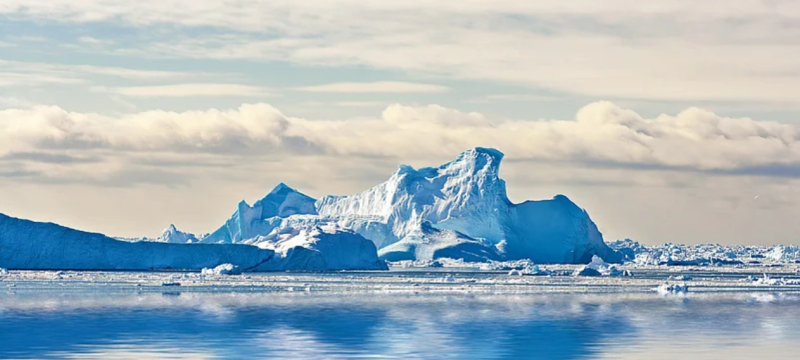A new study warns of severe consequences from melting Antarctic ice. Antarctic ice loss may be climate tipping point, scientists say, as it could trigger irreversible global changes. Published in Nature on August 20, 2025, the research highlights rapid sea ice decline. This could lead to rising sea levels, disrupted ocean currents, and loss of marine life.
The study, led by experts like Dr. Anna Abram from the Australian Antarctic Division, used data from ice cores and ship logbooks. It shows Antarctic sea ice has dropped below historical norms, with changes more abrupt than in the Arctic. Antarctic ice loss may be climate tipping point, scientists say, because it sets off self-perpetuating cycles. Even if global warming slows, ice loss could continue for centuries.
Reducing carbon emissions might lessen the impact, but it may not stop the process. The research points to interconnected effects of warming on Antarctica’s environment. Antarctic ice loss may be climate tipping point, scientists say, threatening coastal areas and ecosystems. For example, less sea ice means less protection for glaciers, speeding up their melt. This could raise sea levels significantly, affecting millions worldwide.
The findings urge urgent action to curb emissions and protect Antarctica. Scientists warn that without swift measures, the region’s changes could become unstoppable. The study’s data, drawn from long-term observations, underscores the need for updated climate models. Global leaders are called to act to prevent further damage to this critical region.
Read Also : Antarctic Sea Ice Decline: A Climate Change Consequence







